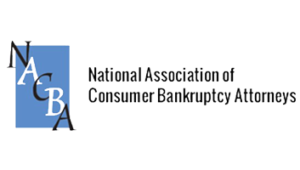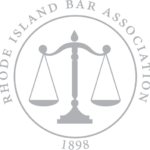College Students And Overwhelming Credit Card Debt
Banks target college students and pay big money to get on college campuses. Buy now, pay later can appeal to a struggling student, but can often lead to overwhelming credit card debt.
Debt Settlement Plans: Part II
Debt settlement plans fail because they require unrealistic repayment terms. Contact a Rhode Island bankruptcy lawyer to understand all of your debt-relief options.
The Truth About Debt Settlement Plans: Part I
Almost 90% of debt management and debt settlement plans fail. Discuss your debt problems with a qualified bankruptcy attorney to save time and money.
RI Bankruptcy Filing: Can’t I Just Keep One Credit Card?
RI Chapter 7 bankruptcy filers must list everyone they owe money to, including all credit cards with a balance and friends or family members.
Stopping Wage Attachment: Rhode Island Bankruptcy Law
Rhode Island Bankruptcy Law: Wage garnishments, or wage attachments, can be stopped by filing bankruptcy
RI Bankruptcy Law:Preparing to File a Chapter 7 Bankruptcy
Preparing for a Chapter 7 bankruptcy in Rhode Island? Here is some practical advice to avoid future complications with your bankruptcy case.




